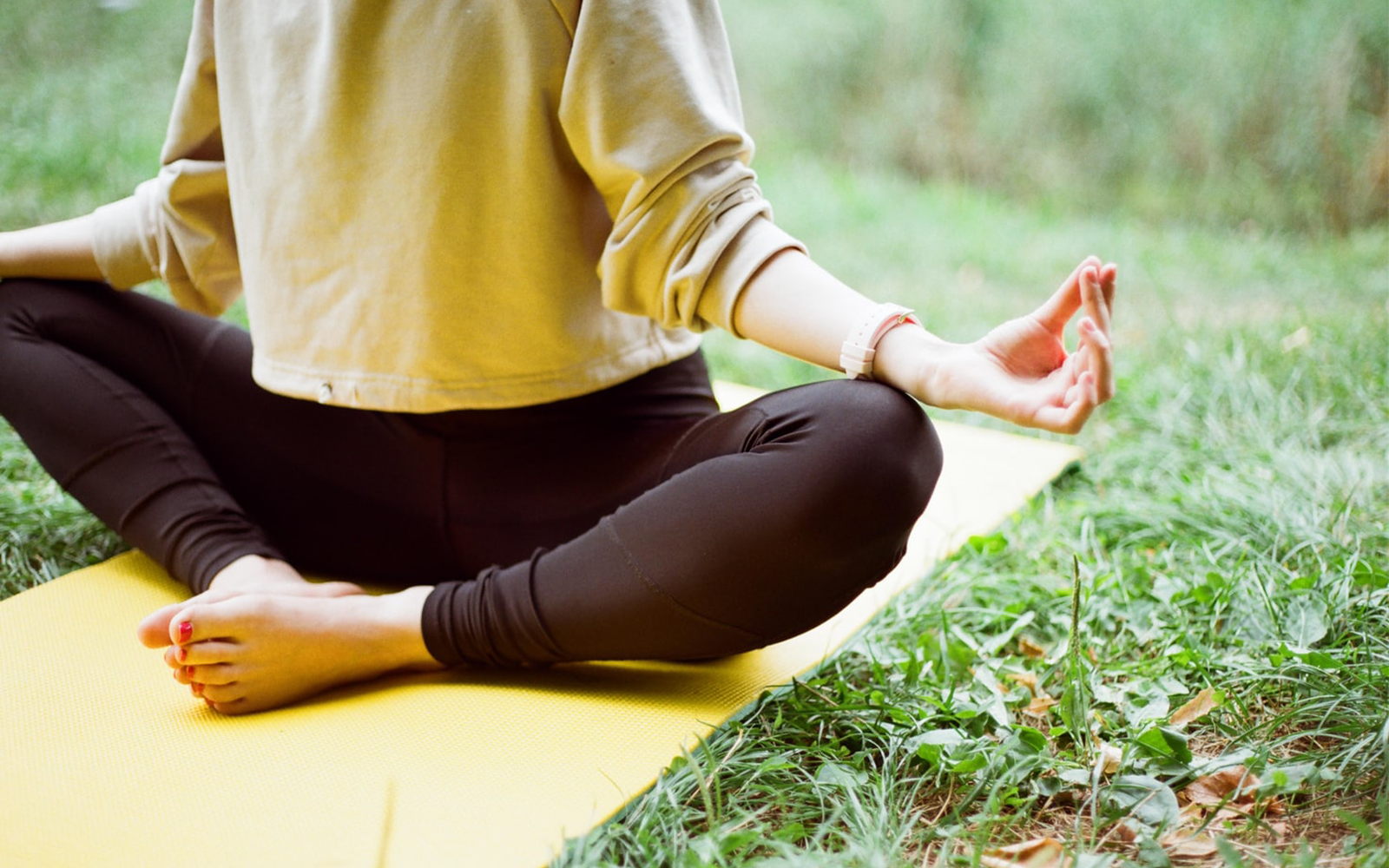Stress is your body’s response to a disruption of balance in your body. It’s the result of chemical reactions that happen in response to external events (“stressors”), such as getting stuck in traffic or being made redundant.
It's not the stressor that determines the response. Instead, it's how you perceive the situation that determines your individual internal reaction, which then triggers the stress response. The way you experience and perceive stress can vary from the next person.
How to prevent stress
Knowing how to help prevent stress is absolutely crucial for optimal health and longevity. It’s key to reduce your total exposure to all forms of stress, including psychological or physiological. Although it's not possible to prevent stress completely, we can take measures to reduce it in most situations.
Exercise to prevent stress
Exercise can reduce levels of both cortisol and adrenaline in your body if done at the right intensity and the right amount. In addition, it releases endorphins which are natural painkillers and have beneficial effects on mood and stress levels.
High intensity exercise does temporarily raise cortisol levels, as it’s a form of acute stress, so adjust your workouts to how you feel. Including some high intensity training on days your stress levels are more balanced and focus on more gentle exercise like walking or yoga on other days. Overall, aim to get between 30-45 minutes of daily exercise.
Social support
Social support is positively correlated with mental and physical health. Try to connect and spend quality time with those in your social network in order to help prevent stress.
Sleep and stress
A lack of sleep results in an increase in stress hormones in your body. Furthermore, chronic sleep deprivation also increases the risk of developing mental health disorders such as depression. Aiming to get 7-8 hours of good quality, uninterrupted sleep per night can really help prevent stress.
Diet and stress
Stress depletes your body of nutrients, so it's important to replenish these. Avoid skipping meals or reaching for unhealthy snacks as they too can lead to further increase of cortisol in your body. Eat nutritionally dense healthy whole foods and incorporate a variety of colourful fruits and vegetables into your diet. Avoid excessive amounts of caffeine and alcohol.
Supplements for helping to prevent stress
-
Vitamin C deficiency is widely associated with stress-related diseases. Several studies show that vitamin C supplements support mood, which is likely due to the possible neuro-protective effect of antioxidant compounds in vitamin C. Other studies show that vitamin C can reduce the levels of stress hormones in the blood, including cortisol.
-
Omega 3 fatty acids can help reduce inflammation and support mood. Overall, omega 3s are great for your brain, nervous system and heart.
Relaxation techniques for stress
These techniques activate the parasympathetic nervous system and help to prevent stress response:
-
Breathing exercises: Take long, slow deep breaths with focus. Breathe in through the nose for 4 seconds, hold the breath for 7 seconds, exhale through the mouth for 8 seconds.
-
Meditation: A mental exercise involving concentration, observation and awareness to calm the mind. There are several different types and techniques of meditation which include visualisation, focusing attention on breathing, reflection and resting awareness.
-
Mindfulness: Focusing your thoughts on the present moment.
-
Progressive muscle relaxation (PMR): Used to relieve muscle tension, stress and anxiety by progressively tensing groups of muscles in the body and subsequently relaxing them.
-
Yoga, tai-chi and qi-gong: Using various postures and movements along with steady breathing to increase clarity and mental focus.
Summary
Taking time to reduce and prevent stress is vital for your health. The most important thing you can do when you're going through stressful periods is to make sure you continue to look after yourself. Practice self care and make time to relax and do something YOU enjoy. And when you need to, set some boundaries and learn to say no to requests that are too much for you.






Share:
How to prepare for the menopause
How to prevent seasonal depression naturally